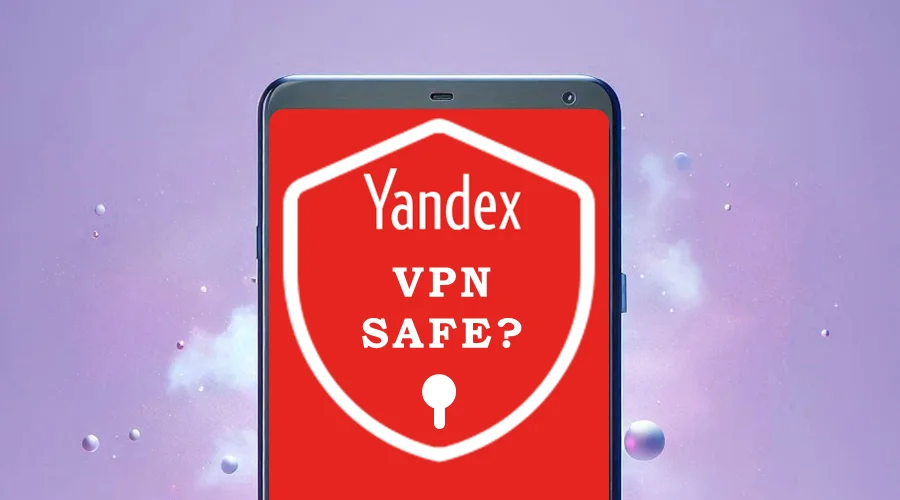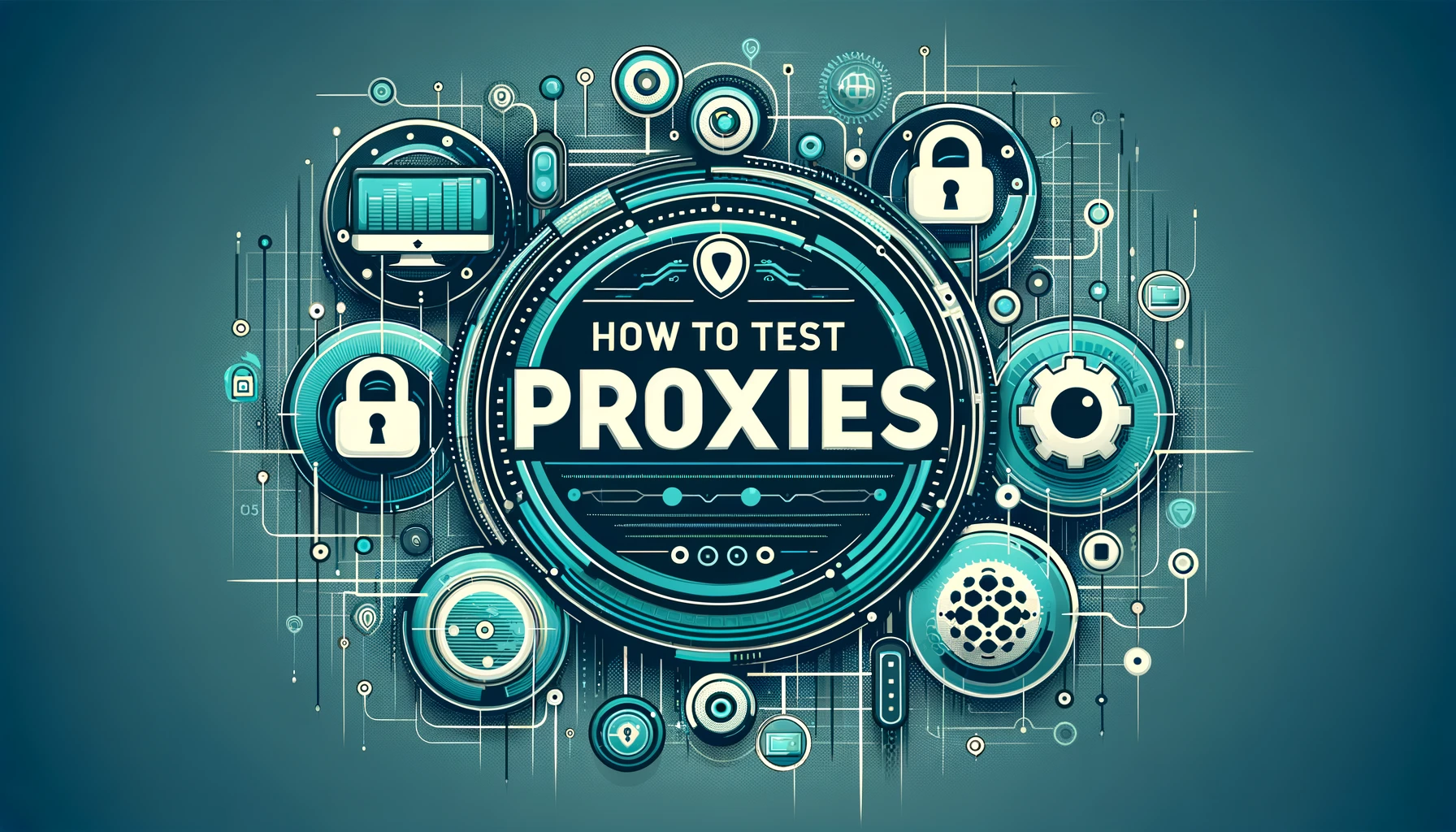7 Benefits of VPN Passthrough in Your Business
9 min. read
Updated on
Read our disclosure page to find out how can you help VPNCentral sustain the editorial team Read more
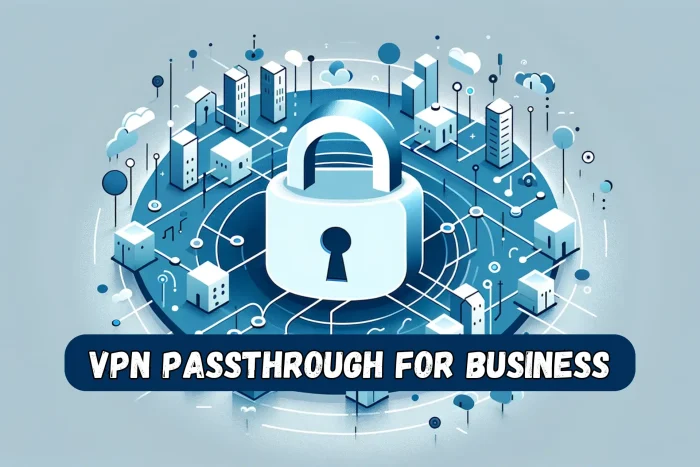
On this page, we’ll introduce you to the concept of a VPN passthrough and the benefits it brings to your business.
Virtual Private Networks are incredibly popular tools for accessing the web. In fact, at least 31% of all Internet users around the world use them.
They’re sought-after in countries like India or China that restrict Internet usage for their citizens.
Many people assume VPNs are just a privacy tool or means of getting around government-imposed censorship.
But, besides these, there are a wide variety of VPN use cases that are extremely useful in business environments. That’s also the case for VPN passthroughs.
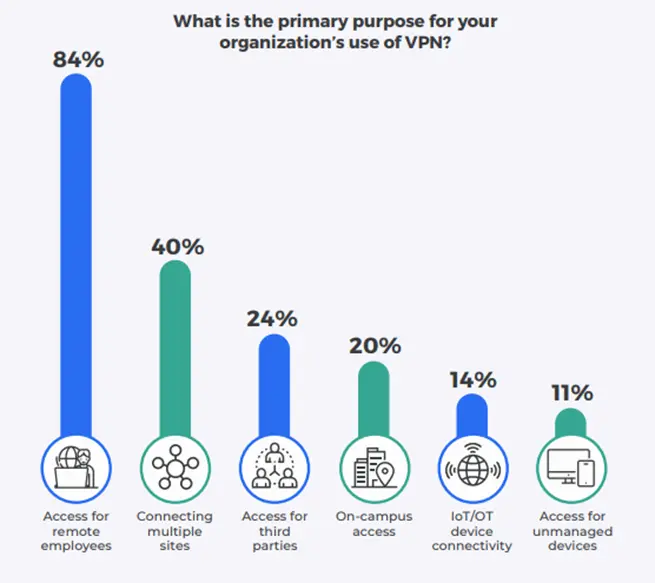
What is a VPN passthrough?
VPN passthrough is a network feature that allows VPN traffic to passthrough your router to the Internet. It’s particularly useful when you buy a domain and you want your employees to be able to establish secure connections to your business’s network from remote locations.
Plus, you don’t even need a router that natively supports VPN connections. It’s a cheap but effective way of enjoying the benefits of a business VPN and ensuring that your private data stays private.
How does VPN passthrough work?
The intricacies of VPN passthroughs can be quite technical, so let’s first explain how they work using a metaphor:
Imagine you’re sending a secret letter through the mail. You don’t want anyone snooping, so you put it in a special envelope (your VPN) that only the recipient can open. But there’s a catch — your mailbox (the router) must know whether to allow this special envelope to passthrough.
Within the context of this metaphor, a VPN passthrough acts like a smart mailbox that recognizes and allows secret envelopes to be sent or received without any issues.
In technical terms, your secret letter is equivalent to a data packet, and we’re talking about sending it over the Internet rather than through the postal system.
VPN passthrough helps by making sure these data packets, wrapped up in VPN protocols, get recognized and properly managed by your router’s NAT or firewall settings.
It makes sure that traffic using different VPN encryption methods, such as IPsec’s ESP, PPTP’s GRE, or L2TP’s encapsulation over UDP, is allowed to move in and out freely.
With VPN passthrough, your router itself does not decrypt the VPN traffic, but rather, it’s a feature integrated into your router that facilitates the passage of encrypted data.
7 benefits of using VPN passthrough in your business
Here’s why you should consider VPN passthrough:
Global networking opportunities
Expanding your business globally requires connecting with clients and partners in far-off places. And to achieve this over the Internet, you need an equally reliable and secure networking solution.
VPN passthrough facilitates exactly this, providing your devices with a secure connection to any network in the world.
For instance, you could access a collaborative work platform used by your team in Europe, communicate privately with your partners in New York, or access global data to use on your AI sales platforms.
It brings businesses closer together and acts as if your devices were connected to WiFi in the same room.
Enhanced security and privacy
VPN passthrough is like having the best lock in the world for your data.
Encrypting your Internet connection ensures that all data packets, from client details to data quality management examples, are scrambled into a meaningless mess.
Only once they arrive at their destination can they be de-encrypted into useful data for the recipient to use.
Whether you’re sending an email or accessing company files remotely, VPN passthrough keeps your data from being stolen or snooped upon.
It’s especially important in the fields of finance and healthcare, where data is sensitive and data security is a regulatory requirement.
Likewise, many businesses request using VPNs to protect their valuable trade secrets from being exposed to the wider world.
Remote access to company servers
VPN passthrough allows you and your team to access company servers from anywhere in the world.
Whether you’re looking at sales automation examples to streamline your processes or checking in on the latest project updates, VPN passthrough ensures you’re connected, secure, and productive.
This massively helps in the era of remote work, as it ensures everyone can access the right information without compromising on network security.
Simplified network management interface
When it comes to network management, VPN passthrough introduces a layer of automation that simplifies the oversight of secure data traffic.
It simplifies your job by handling all incoming and outgoing secure VPN traffic, ensuring it smoothly navigates through your network’s firewall and routers.
You can configure all of your network governance rules through your router’s settings and let it do the leg work for you.
Faster bandwidth and connection speeds
This benefit might seem counterintuitive because VPNs usually slow things down during the data encryption process.
But it’s not like that with VPN passthrough.
In regular VPN setups, each piece of data must be encrypted by the device before it hits the network and then decrypted upon arrival at its destination, which can significantly slow down transmission speeds.
VPN passthrough, however, allows certain types of VPN traffic to bypass these intensive device-level encryption processes, relying instead on the router to manage encryption efficiently.
For instance, when employees access cloud-based applications or transfer large files remotely, VPN passthrough ensures these activities occur without the lag that encryption might introduce.
This results in a more efficient remote working experience, with quicker access to resources and smoother communication, akin to a direct and less congested route compared to the standard VPN connection paths.
Easy network scalability
Network scalability is an important factor to consider for businesses anticipating growth because switching to a new network configuration once you’re already up and running can be very disruptive.
VPN passthrough enables this scalability by simplifying the process of adding new users and locations to the network.
Let’s say your company opens a new remote branch or hires remote staff, it’s just a case of allowing these new entities to connect to the company’s network without the need for individual set-ups for each new device.
Regulatory compliance
VPN passthrough—and the data encryption it facilitates—is one of the ways in which businesses can ensure they adhere to data regulations like GDPR and HIPAA.
In some cases, encryption is a legal requirement for data transmission and storage. Most notably, in the finance and healthcare industries.
In other cases, such as during the enterprise sales process, your business partners may request encryption to protect their sales data from being seen by competitors.
VPN passthrough becomes especially useful when you’re working with business clients in different regions around the world. It ensures you can adhere to varying levels of regulation.
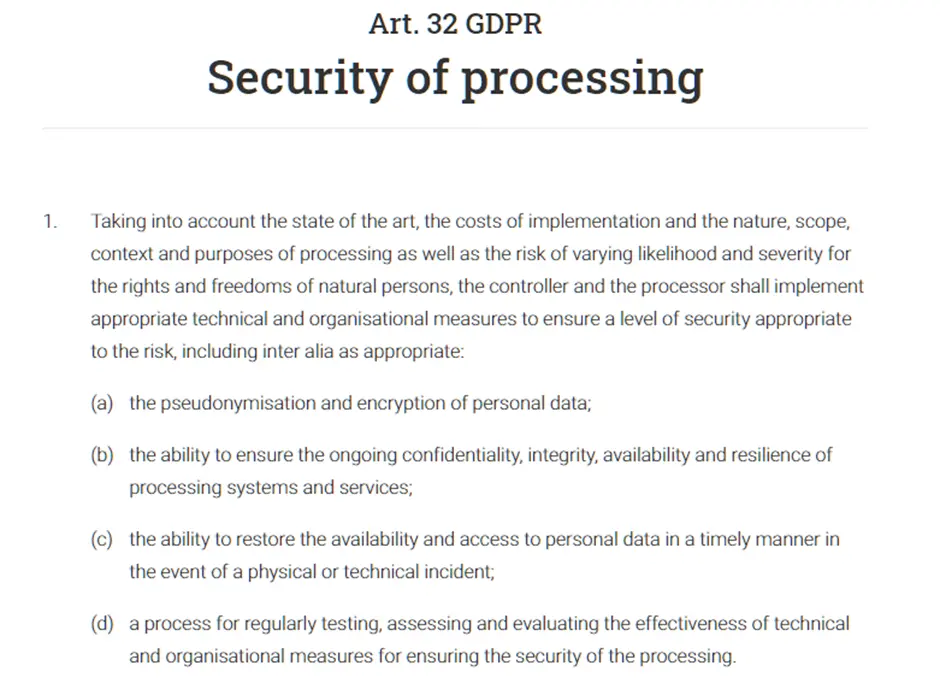
How to enable VPN passthrough on your router
Enabling a VPN passthrough on your router is a fairly straightforward process. Follow these steps to get started:
- Access your router’s admin interface by entering its IP address into a web browser. If you don’t know your IP address, simply use our free online tool.
- Once logged in, proceed to the security or VPN settings section.
- Locate the VPN passthrough options, typically listed under protocol names such as PPTP, L2TP, and IPSec.
- Activate these passthrough features and confirm your settings by saving. If you want to disable the VPN passthrough, just navigate back to this section to turn it off.
Are there any alternatives to a VPN passthrough?
If you don’t want to use passthrough, you can get some of its benefits using other services/setups:
VPN services
Unlike VPN passthrough, which facilitates the transmission of VPN traffic through a router, paid VPN services establish an end-to-end encrypted connection between your device and the Internet.
These paid services operate by routing your connection through remote servers, hiding your IP address, and encrypting data in transit.
It’s more time-consuming and costly to set up, but also offers a higher level of security.
Dedicated VPN routers
Dedicated VPN routers are specialized devices designed to establish and manage VPN connections natively.
As opposed to VPN passthrough, which simply allows VPN traffic to passthrough a standard router, they offer built-in VPN functionality.
This means they handle the encryption and traffic routing internally. They provide a more stable connection if you go for a high-end model.
However, it does also mean you’ll need to buy these devices for every office or remote worker in your company.
Leased lines
Leased lines are telecommunications circuits that enable private data transfer between two or more locations.
The advantage is that you don’t have to share the same public cables that VPN passthroughs use. So you have an even greater level of security and privacy.
They also offer a fixed bandwidth connection so that your connectivity speeds aren’t throttled during busy periods.
They offer fixed bandwidthThe catch is that they’re also the most expensive of all the options.
Are there any downsides to using a VPN passthrough?
While useful, VPN passthrough is not perfect for every situation.
It would be a bit like using the exact same cold call script for every client when you should really be taking a look at the specific needs of the situation.
Consider these drawbacks:
- Compatibility issues: Not every router works with every VPN protocol, which could mean connectivity issues.
- Potential security risks: The feature may inadvertently introduce security weaknesses within the network. For instance, it opens ports in your firewall which could become a gateway for attack.
- Performance hiccups: Engaging VPN passthrough might, on occasion, lead to reduced internet speeds.
- Limited control: You get less customization over your VPN’s security settings, which can be annoying if you have particular preferences.
Conclusion
In short, VPN passthrough is a valuable router feature for businesses that need secure, efficient, and scalable network connectivity. It addresses the need for security and remote server access without costing an arm and a leg (or extensive configuration) to set up.
Just remember that it’s not your only option for secure data transfer. You may be better off going for an alternative if your business needs are more specific or if you want maximum data protection.
